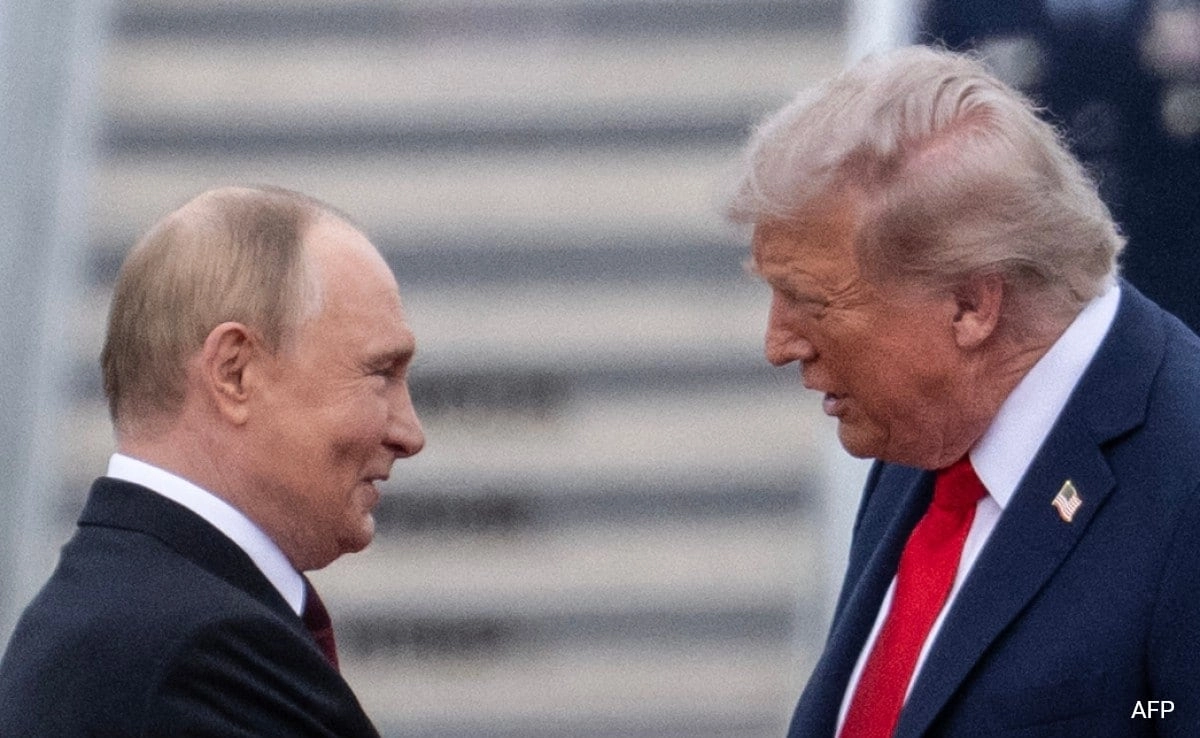Hayao Miyazaki, the esteemed founder of Studio Ghibli, has recently voiced his strong opposition to AI-generated art, describing it as an “insult to life itself.” This profound statement reflects his deep belief in the intrinsic value of human creativity and the unique emotional depth that comes from artistic expression. Miyazaki, whose works have enchanted audiences worldwide with their intricate narratives and vivid animation, posits that art is fundamentally a reflection of the human experience, imbued with personal stories, emotions, and cultural nuances that artificial intelligence cannot replicate. His disdain for AI art highlights a critical debate in the realms of creativity and technology, where the authenticity of human expression is pitted against the efficiency and novelty of machine-generated creations.
Miyazaki’s concerns stem from the notion that AI-generated art lacks the soul and intention that human artists pour into their work. He argues that the creative process is not merely about the final product but is also about the journey taken by the artist—an exploration of identity, emotion, and understanding of the world. This perspective raises important questions about the role of AI in the creative industries and whether it can ever genuinely capture the essence of human life. For Miyazaki, the richness of storytelling and the emotional resonance found in hand-drawn animation and handcrafted narratives are irreplaceable. He fears that the rise of AI art threatens to diminish these values, reducing profound experiences to mere algorithms and data.
The debate surrounding AI-generated art is not just about aesthetics; it also touches on broader implications for society and culture. As technology continues to advance, the distinction between human-made and machine-made art may blur, leading to potential consequences for artists and their livelihoods. Miyazaki’s stance is a call to action for creators and audiences alike to cherish and support authentic artistic expression, emphasizing the importance of preserving the human touch in an increasingly automated world. His passionate critique serves as a reminder that while technology can enhance creativity, it should not replace the essential qualities that make art a reflection of life itself.
In essence, Miyazaki’s remarks underscore a vital conversation about the future of art in the age of artificial intelligence. While AI can produce visually stunning works, it lacks the emotional intelligence and life experiences that human artists bring to their creations. As we navigate this technological landscape, it is crucial to find a balance that honors human creativity while exploring the possibilities that AI offers. Ultimately, Miyazaki’s words resonate as a powerful affirmation of the irreplaceable value of human expression, urging us to safeguard the artistic spirit that defines our shared humanity.




